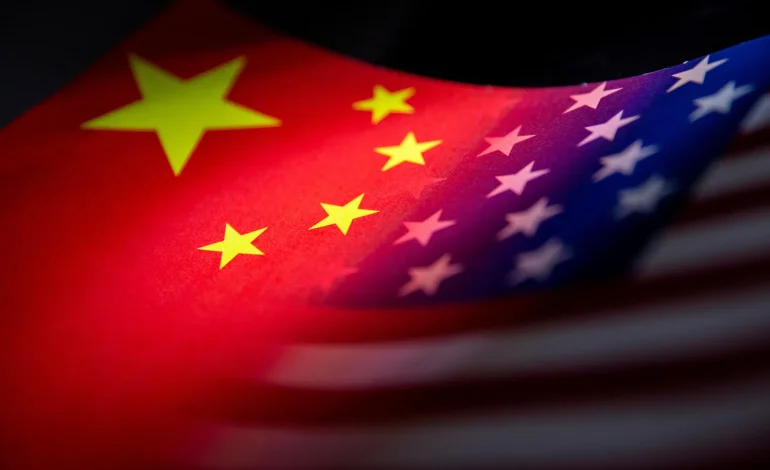China has taken steps to restrict local companies from investing in the United States, a move that could signal an escalation in trade tensions and potentially provide Beijing with leverage in future negotiations with the Trump administration, Bloomberg reports.
According to sources familiar with the matter, the National Development and Reform Commission (NDRC), China’s top economic planning agency, has instructed several of its branches to halt registration and approval for firms seeking to invest in the US in recent weeks. The sources, who requested anonymity due to the sensitivity of the matter, indicated that while China has previously limited some overseas investments due to national security and capital outflow concerns, this new measure highlights the growing friction between the world’s two largest economies as the Trump administration ramps up tariffs.
Chinese outbound investments into the US totaled $6.9 billion in 2023, according to the latest available figures.
While it remains unclear what prompted the NDRC’s decision or how long the suspension will last, sources emphasized that existing commitments by Chinese companies in the US and elsewhere, as well as China’s holdings of US Treasuries, are not expected to be affected.
The news of the investment restrictions sent ripples through financial markets. US equity futures dipped to session lows following the Bloomberg report, and European stocks extended their decline.
The timing coincides with President Trump’s planned announcement on Wednesday regarding reciprocal tariffs on US partners, likely to include China. A February memorandum issued by the US president instructed a key government committee to curb Chinese spending on tech, energy, and other strategic American sectors.
China has already been increasing scrutiny of outbound investments by domestic companies after record capital outflows put pressure on the yuan. This latest restriction, primarily targeting corporate investment in the US, adds further uncertainty for firms seeking to shift production abroad to bypass trade barriers in the face of an intensifying global standoff.
The situation underscores the difficulties faced by companies caught in the crossfire. The recent example of CK Hutchison Holdings Ltd., which saw a $19 billion port sale draw ire from China and trigger a reported halt on new collaborations with related businesses, illustrates the increasingly complex landscape.
Data from China’s Ministry of Commerce shows that outbound investments into the US slumped 5.2% in 2023, despite an increase of 8.7% into all foreign countries. The cumulative stock of China’s investment in the US accounted for only 2.8% of the total at the end of 2023.
Chinese companies planning investment projects abroad are typically required to navigate filing and approval procedures involving the Ministry of Commerce, the NDRC, and the State Administration of Foreign Exchange.










The latest news in your social feeds
Subscribe to our social media platforms to stay tuned